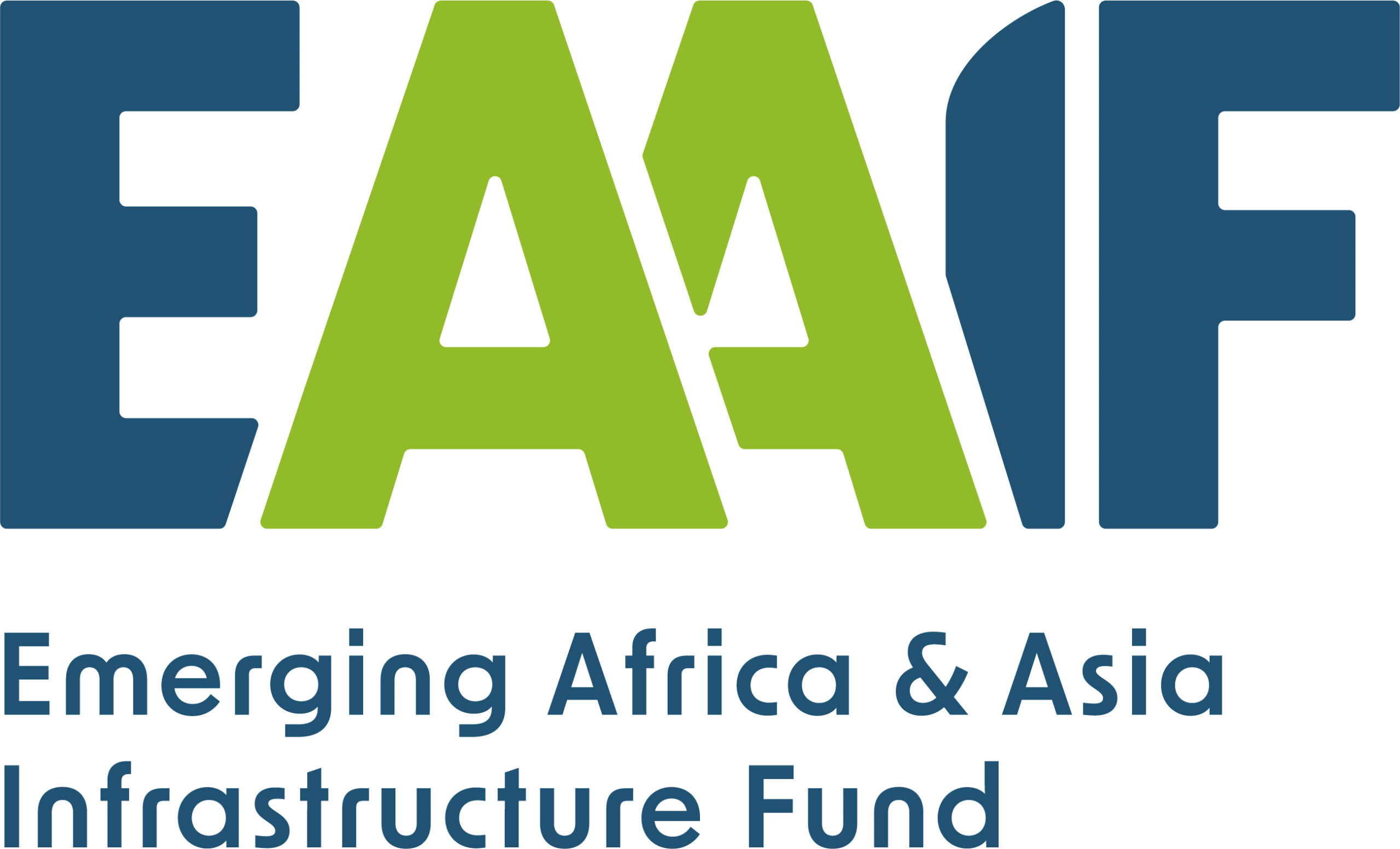
Financial close for first Mozambique utility scale renewables project with battery storage supported by PIDG company Emerging Africa Infrastructure Fund
- First utility battery storage project for Mozambique
- PIDG TA provides Viability Gap Funding grant
A 19MW solar electricity plant to be built in the Niassa province of Mozambique reached financial close on 20th December. The Emerging Africa Infrastructure Fund (EAIF), a Private Infrastructure Development Group (PIDG) company is the sole lender and will provide US$19 million to Central Electrica de Tetereane SA (CET). It is EAIF’s 24th renewable energy project to date.
Mozambique is one of the world’s poorest countries, with over 60% of people living below internationally recognised poverty levels. Three in every ten have access to electricity with considerable disparity between urban (73%) and rural areas (4%). The project will provide clean energy to thousands of people contributing to SDG 7 which focuses on delivering access to clean energy and support job creation in Niassa, one of the country’s poorest provinces in the country.
The Cuamba plant is the first utility-scale solar project in Mozambique to include battery storage. It will deliver up to 7 megawatt hours of energy, with the aim of boosting solar output during the evening peak demand. This will contribute to grid stability and displace thermal generation, avoiding emissions, which in turn supports SDG 13 which focuses on climate mitigation. The introduction of battery technology will be an opportunity to learn and apply lessons on battery storage.
“All the parties – borrower, lenders and Mozambique’s energy utility and government – are keen to deepen and widen their knowledge of battery storage. Battery storage has a big part to play in climate change management and African economic development. Understanding everything from battery installation through to maintenance and performance issues will be of great benefit to future project financing opportunities,” says Olivia Carballo, a director at EAIF’s managers, Ninety One.
The owner and operator of the Cuamba plant is Central Electrica de Tetereane SA (CET) whose majority shareholder is Globeleq, the London-based business that specialises in the African power sector. The project was co-developed with Source Energia a diversified renewable energy business focused on the development and operations of large and small scale on- and off-grid projects in Lusephone Africa.
On behalf of the project owners, Mike Scholey, Globeleq’s CEO says;
“With the ongoing challenges due to the pandemic, I am proud our team has achieved financial close, and we can begin building the first solar and energy storage facility in the country. We fully support the Mozambican Government in their initiatives to support the Paris Agreement and provide its citizens with reliable and clean alternative energy options.”
CET has entered into a power purchase agreement with EDM, Mozambique’s national electricity utility. EDM holds 15% of CET’s equity.
In order to improve the commerciality of the project whilst maintaining tariffs at an affordable level, PIDG TA provided a US$$7 million Viability Gap Funding (VGF) grant to CET. The grant funded project costs, including the battery storage unit. This is the first time PIDG TA has deployed a VGF grant to a solar project with a battery storage component. It will serve as a template for future transactions. CD Group, a shareholder in Globeleq, also provided a grant towards battery costs.
CET’s plant is the second solar facility in Mozambique to benefit from EAIF support. Now in full production, the US$76 million 40MW Central Solar de Mocuba (CESOM) plant was loaned US$17 million by EAIF by way of a “B” loan to the International Finance Corporation.
